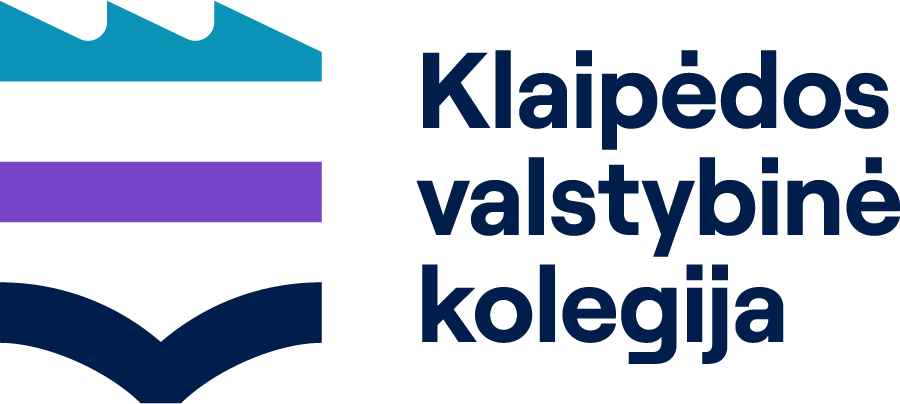
Partner:
- Name : Klaipėdos valstybinė kolegija, HIGHER EDUCATION INSTITUTION
- Country: LITHUANIA
- Link
"Klaipėdos valstybinė kolegija (hereinafter – KVK) Higher Education Institution (hereinafter – HEI) is the third-largest Higher Education Institution in Lithuania with a strong academic reputation. The initial target of KVK is to ensure the high quality of academic teaching and research facilities. KVK focuses on study programs that lead to a profession. The graduates of Klaipėdos valstybinė kolegija gain professional bachelor’s degrees. The studies are practice-orientated; students can successfully apply their knowledge in a real working environment. HEI promotes adult lifelong learning. 2021/22 study year 3200 students have been studying there; with the assistance of approx. 300 teachers and lecturers. HEI is ternary – and consists of three faculties: Faculty of Business, Faculty of Technologies and Faculty of Health Sciences with 24 study programmes running in it. In assuring the internal quality, the institution followed the Study Quality Manual. Since 2012 KVK has updated this manual and carried out the required preparations for introducing ISO 9001:2015 standard. KVK is equipped with modern laboratories, libraries and other fitments. The university has a strong international profile and is involved in numerous global networks. Various projects and activities are ongoing through it as KVK is connected with about 200 international partner institutions. KVK's expertise includes implementing and administering international research and educational projects with partners from around the world. A variety of scientific research, as well as different projects and consulting activities, are executed here. Also, plenty of contracted research on the ground of technologies, biomedicine, physical, social, humanitarian, and arts are administrated. In its international project activities, KVK is committed to transferring know-how and developing and implementing project-related objectives for the benefit of and progress in higher education. In basic and applied research, the university fosters topical and methodological variety within an international cooperation network and builds its profile by determining research focuses under the consideration of socially relevant research questions. Innovative interdisciplinary research and cooperation are among the subjects especially encouraged. "
